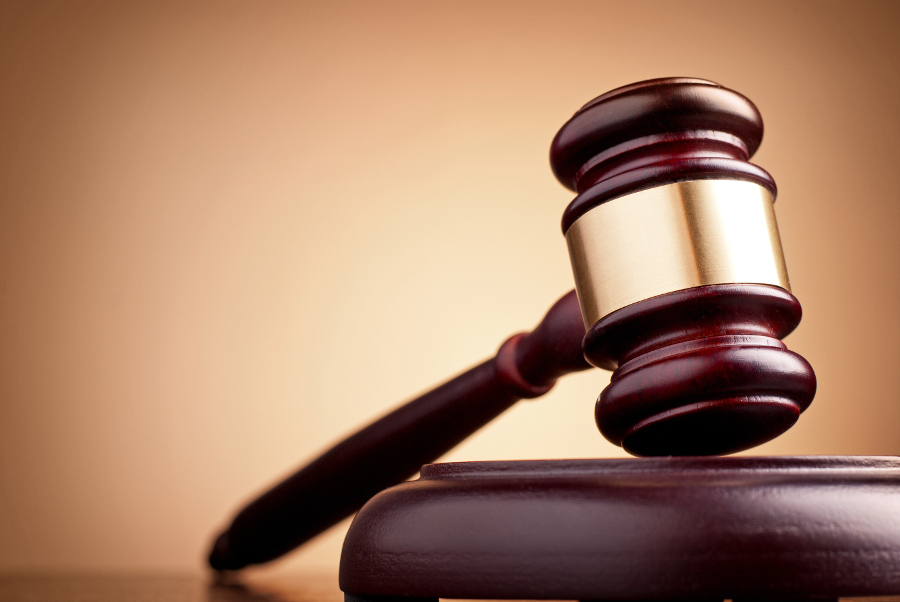It is never pleasant to learn that a lawsuit has been filed against your company. However, while the prospect of being sued can be extremely frustrating and stressful, it is very important that you do not panic and take any drastic actions which could compromise your position in the days to come. Ultimately, you and your enterprise will fare best if you can assess the situation at hand with a cool head, and take a rational and strategic approach to resolving the issue. The more you understand about the process of what happens when your business is sued in Union County, New Jersey, the less intimidating the upcoming litigation proceedings will be.
To arrange for a confidential case evaluation with an experienced New Jersey business litigation attorney, call The Jayson Law Group LLC at (908) 258-0621 today. Time is of the essence where lawsuits are concerned, so don’t wait for a deadline to pass and leave you without legal recourse: call our law offices right away to start exploring some of your options for the future.

The Do’s and Don’ts of Being Sued
Before we take a closer took at the timeline of business lawsuits in Union, it’s worthwhile to go over a few basic “do’s and don’ts” for defendants.
You should not:
- Alter or destroy any of your records, no matter how trivial they seem.
- Talk about the case, including writing about it on social media websites.
- Lie to your attorney. He or she needs to know the facts in order to help you.
You should:
- Organize and preserve your records, without making any alterations.
- Immediately notify your insurance company.
- Contact an experienced New Jersey business lawyer right away.
Being Served: Summons and Complaint
In New Jersey, civil (i.e. non-criminal) cases are handled by the Civil Division, which has jurisdiction in cases involving damages in excess of $15,000. If the total damages amount to $15,000 or less, the Special Civil Part, which is part of the Civil Division, has jurisdiction instead.
In Union and throughout the state, civil actions begin when a person acting on behalf of the plaintiff serves the defendant with the summons and complaint. This person may be the plaintiff’s lawyer, the Union County Sheriff, or any person who is specifically appointed by the Superior Court, Union Vicinage, or who simply lacks a vested interest in the case.
The summons and complaint are served together, but each is its own separate document. The summons is so named because it “summons” the recipient to court at a specified date and time, whereas the complaint is the document which actually details the allegations being made by the plaintiff. You may either be served in person, or receive these items via mail.

Responding: Filing an Answer to the Summons and Complaint
Once you receive the summons and complaint, you can either respond to them, or ignore them. However, you need to understand just how serious the negative consequences can be if you take the latter route.
If you fail to respond with a timely answer, the judge presiding over your case can enter a default judgment against you. In other words, the plaintiff will prevail automatically due to your absentee status. If a default judgment is entered against you, the Union County Sheriff can seize your property, seek wage garnishment, place a levy on your bank account, and take other aggressive collection actions on behalf of the plaintiff to recover the judgment if you fail to pay as directed. Avoiding a summons will not make the case go away; it will only make your situation worse.
However, you can avoid a default judgment by responding with an answer within 35 days of receiving the summons and complaint. Your answer is a written form which will prompt you to explain whether you agree or disagree with the allegations, and if you disagree, to explain your supporting rationale, which is also known as your affirmative defense.
Gathering Information: the Discovery Process
The purpose of Discovery is for the parties involved in the lawsuit to uncover information which is pertinent to the case, which helps the actual trial progress more rapidly. You can think of Discovery as the “nuts and bolts” of the civil litigation process. Some of the tools and methods which may be used to obtain information include written interrogatories, property inspections, the production of evidence and other documentation, and Deposition. Deposition generally entails a lawyer questioning a witness, whose responses are recorded by a court reporter. You are entitled to your own attorney during Deposition, which occasionally takes a written format. Discovery can last from 150 to 450 days.
Reaching a Solution: Alternative Dispute Resolution (ADR) and Trial
Prior to trial, it is likely you will be ordered to participate in ADR, or Alternative Dispute Resolution, which may entail arbitration or mediation. However, if ADR cannot resolve the conflict between plaintiff and defendant, and if the case cannot be settled or dismissed after Discovery, it will become necessary to take the dispute to trial.
The Union County Courthouse is located at:
2 Broad Street
Elizabeth, New Jersey 07201
You can also contact the Courthouse via phone by calling (908) 659-4600. The Courthouse is open Monday through Friday, from 8:30 A.M. to 4:30 P.M. The Union County Assignment Judge is Judge Karen M. Cassidy.
If your company is being sued in Union County, it is critically important that you contact an experienced commercial litigation attorney immediately. To set up a private legal consultation, call The Jayson Law Group LLC at (908) 258-0621, or contact our law offices online today.
